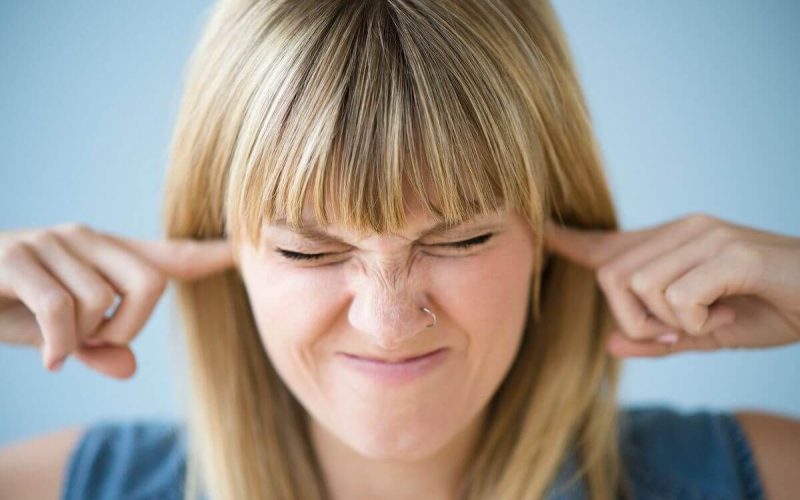Understanding Tinnitus
Tinnitus, commonly described as ringing in the ears, is a prevalent condition affecting millions worldwide. It’s characterized by perceiving sound Ear Ringing when there’s no external source present. While it’s often a symptom of an underlying condition, it can also occur due to prolonged exposure to loud noises, earwax blockage, or even stress.

Causes of Worsening Tinnitus
1. Exposure to Loud Noise
Prolonged exposure to loud noises is a common trigger for worsening tinnitus. Whether it’s attending concerts, working in noisy environments, or using loud machinery without proper hearing protection, exposure to loud sounds can exacerbate tinnitus symptoms.
2. Stress and Anxiety
Stress and anxiety have been linked to an increase in tinnitus severity. When the body is under stress, it can lead to heightened perception of tinnitus symptoms, making them seem more pronounced and bothersome.
3. Changes in Blood Flow
Alterations in blood flow, particularly to the inner ear, can contribute to worsening tinnitus. Conditions such as high blood pressure or atherosclerosis can affect blood flow to the ears, leading to increased tinnitus intensity.
4. Medications
Certain medications, including some antibiotics, antidepressants, and chemotherapy drugs, have been associated with tinnitus as a side effect. If you suspect that your medication is worsening your tinnitus, it’s essential to consult with your healthcare provider for alternative options.

Managing and Alleviating Symptoms
While tinnitus can be challenging to cure completely, several strategies can help manage and alleviate symptoms, improving overall quality of life.
1. Sound Therapy
Sound therapy involves masking the perception of tinnitus by introducing external sounds, such as white noise or nature sounds. This can help distract from the ringing sensation and make it less noticeable.
2. Stress Management Techniques
Implementing stress management techniques, such as meditation, deep breathing exercises, or yoga, can help reduce overall stress levels, potentially alleviating the severity of tinnitus symptoms.
3. Avoiding Loud Noise
To prevent further aggravation of tinnitus, it’s crucial to avoid exposure to loud noises whenever possible. This includes wearing ear protection in noisy environments and reducing the volume when listening to music or watching television.
4. Healthy Lifestyle Habits
Maintaining a healthy lifestyle can have a positive impact on tinnitus symptoms. This includes regular exercise, balanced nutrition, adequate sleep, and limiting alcohol and caffeine intake. Explore more About (Ankle Sprain)

Seeking Professional Help
If your tinnitus symptoms persist or worsen despite self-care measures, it’s essential to seek professional help from an audiologist or an otolaryngologist. They can conduct a thorough evaluation to determine the underlying cause of your tinnitus and recommend appropriate treatment options.
Management Strategies for Tinnitus
| Management Strategy | Description |
|---|---|
| Sound Therapy | Introduces external sounds to mask tinnitus perception, such as white noise or nature sounds. |
| Stress Management | Implements techniques like meditation and deep breathing to reduce overall stress levels. |
| Avoiding Loud Noise | Prevents further aggravation of tinnitus by minimizing exposure to loud environments and noises. |
| Healthy Lifestyle | Maintains overall well-being through regular exercise, balanced nutrition, and adequate rest. |
Conclusion
In conclusion, worsening tinnitus can be attributed to various factors, including exposure to loud noise, stress, changes in blood flow, and certain medications. While there may not be a definitive cure for tinnitus, adopting lifestyle changes, practicing stress management techniques, and seeking professional help can significantly improve symptoms and overall quality of life. Remember, managing tinnitus is a journey, and with the right support and strategies, it’s possible to find relief and regain control over your hearing health.










